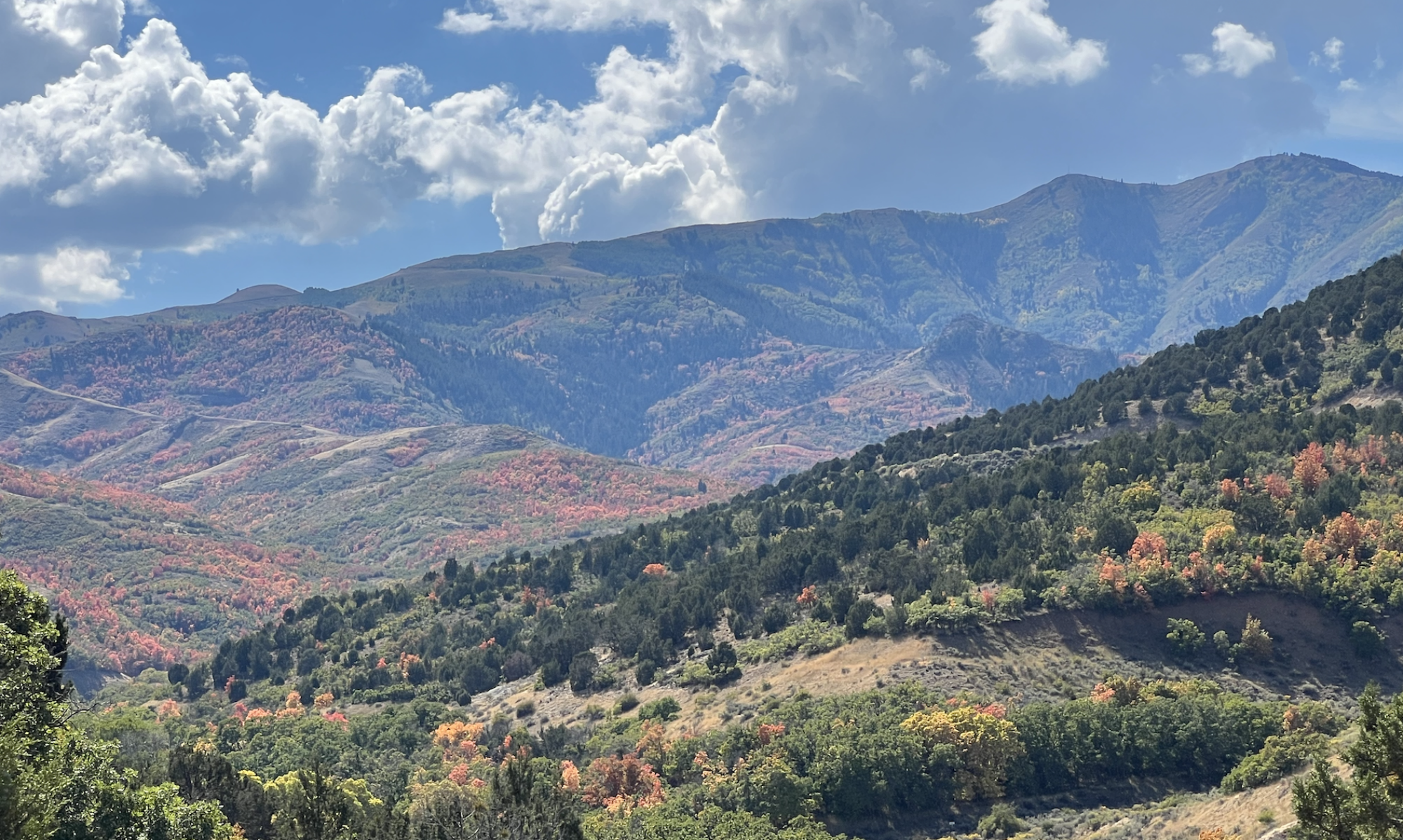Courage — from the heart.
When I was younger, I often thought about courage as being brave. Brave to take on scary things or very demanding things. Against bad odds. Like going in to a dark (but harmless) room, or turning out the lights and then jumping to my bed for fear that something under the bed would get my toes (humor me — it still took some courage).
There was courage in telling the truth that was less than flattering. “I’m sorry mom; I failed test.” There was courage in playing ice hockey. It was a game that I loved and was really important in my growing up. I remember it took courage to commit to the physicality of playing hockey — you had to be in good shape, and, there was that one kid in Pee Wee C (10 year olds) that said he was going to kill me. It scared me for a long time.
Courage was a kind of armor. For protection and for battle.
Now, all grown up (humor me again — more grown up), courage has come to take on other forms. It takes a bit of living to realize some of the nuance of courage.
Recently a friend shared a sermon in which the minister named that it takes courage to be communal (and that community is the central act that we need humans need to reclaim). Ah, now that’s interesting, isn’t it.
My earlier versions of courage all felt very personal and individual. Stuff that I had to do. But this being communal, well that’s a new spin isn’t it. The courage to lean in to going together rather than alone. The bravery to be in the messiness of figuring things out together when it’s so much easier to isolate and proclaim narrowed certainties. The demanding, yet attractive requirement to see the invisible and the subtle together, not just alone. It takes courage to be together, despite, I believe, being hard-wired to be communal. How odd, right. Yet, so many of the norms of society now have us in this place.
I’m challenging myself these days to have courage to be communal. To be vulnerable enough to share what is easier to keep private, stuff that I don’t know. To listen to another’s truth and position, though different from mine, to hear the person’s passion and conviction and be ok about disagreeing. To act together, even when I feel all acted out. To encourage narrative of seeing together — it takes a village. To show up for conflict — ouch — when I would rather dismiss it or run away.
It takes courage, heart, to take off the armor. It takes courage, heart, to undo centuries old stories of individuals as just the sum of the parts. It takes courage, heart, to live as a composite being that is community. I’d like to say it is all clear. I want that to be so. I’d like to say that is is easy. Maybe it is. But courage remains central in all of that. Even for the most natural of things.




